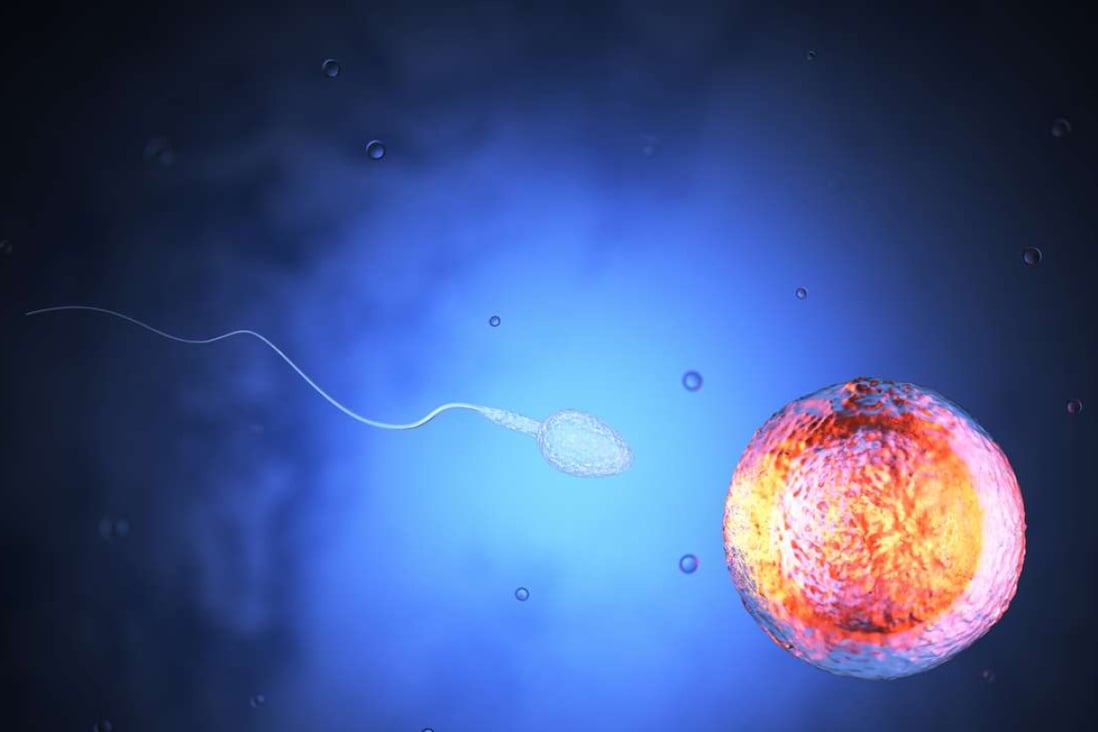Five things to know about IVG – a new way to have babies by turning any cell in our bodies into sperm or egg cells
Already trialled in mice, IVG or in vitro gametogenesis is the next frontier in reproductive medicine, allowing infertile people, same-sex couples, groups of more than two, or individuals, to become parents

Sperm from a man’s testes and an egg from a woman’s ovaries must come together for fertilisation to eventually produce offspring – it’s basic biology, isn’t it? Well, perhaps not in the future. A new experimental lab technology rapidly advancing in mouse studies suggests that some day, embryos could be created by reprogramming any type of adult cell to become a sperm or egg cell.
Known as in vitro gametogenesis (IVG), the technique would allow not only the medically infertile to have wholly biological children – that is, not involving any donors – but also same-sex couples, groups of more than two people, and even a single individual. IVG could also make prenatal selection a much more refined and comprehensive process than it is today, allowing for the selection of embryos that result in “perfect” children.."
Creating eggs and sperm from stem cells: the next big thing in assisted reproduction?
By I. Glenn Cohen and Alex PearlmanJune 5, 2019
Reprints
Until recently, the only way to make eggs or sperm was the old-fashioned way: in the ovaries and testes. In the not-too-distant future, it may be possible to use cells from almost any part of the body to create these germ cells, also known as gametes.
This process, called in vitro gametogenesis (IVG), raises the possibility that babies could be made using muscle or liver or blood cells. While not yet ready for prospective human parents — so far it has only been accomplished successfully in mice — it raises major ethical and legal questions that we should start thinking and talking about now.
IVG works like this: Cells from almost any tissue or organ are reverse engineered into becoming induced pluripotent stem cells. These cells, which can develop into any kind of human cell, are then nudged to become egg or sperm cells.
Why would anyone want to do this? Infertility due to cell failure or cancer treatment could cease to be the emotionally shattering issue it is for many families and individuals. It could also be a solution for women who experience premature menopause..."
READ MORE > STAT News 2019
Ukraine's Delayed Offensive, IVG Reproduction, Preparing for Debt Default
Ukraine has been preparing for months to launch a counteroffensive against Russia's invasion, but the high stakes operation has seen many delays. Scientists are using a new method known as in vitro gametogenesis, or IVG, that could revolutionize the way babies are made. And if the government defaults on its debt, people will have a harder time borrowing money.



No comments:
Post a Comment